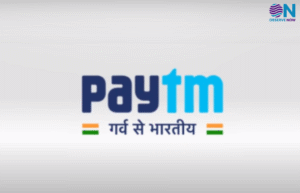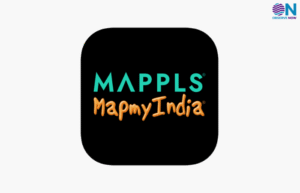RBI Advisory Panel Introduces ‘FREE-AI’ Ethical Framework to Guide AI in Finance

The Reserve Bank of India’s (RBI) advisory panel has unveiled a comprehensive ethical framework for the use of artificial intelligence in the country’s financial sector. Named “FREE-AI,” which stands for Responsible and Ethical Enablement of AI, the initiative aims to strike a balance between fostering innovation and ensuring robust safeguards around accountability, transparency, and data privacy. The move comes as AI adoption in financial services accelerates, with applications spanning from automated lending decisions to fraud detection and personalized banking experiences.
The FREE-AI framework is designed to help financial institutions navigate the challenges posed by AI-driven operations while maintaining trust among stakeholders. One of its central objectives is to embed ethical considerations into the design, deployment, and governance of AI systems. By introducing clear guidelines, the RBI hopes to prevent risks related to bias, lack of explainability, and potential misuse of sensitive data—issues that have drawn global regulatory attention in recent years.
A key principle of the framework is accountability. Under FREE-AI, organizations deploying AI systems will be expected to clearly define lines of responsibility, ensuring that human oversight remains an integral part of decision-making. This is particularly important in high-stakes domains such as credit approvals, investment advice, and fraud prevention, where automated errors could have significant financial and reputational consequences.
Data privacy also stands as a core pillar of the framework. With financial institutions handling vast volumes of sensitive customer information, FREE-AI calls for rigorous data governance practices, including secure storage, restricted access, and consent-based usage. The panel has stressed that adherence to privacy norms is not only a regulatory necessity but also essential for sustaining customer confidence in an era of increasing digital transactions.
Transparency forms the third major component of the initiative. AI systems in finance are often criticized for their “black box” nature, where decision-making logic remains opaque to both regulators and consumers. FREE-AI encourages the adoption of explainable AI techniques, enabling users and auditors to understand the rationale behind automated outputs. This could include standardized disclosure formats, interpretable models, and regular audits to verify system integrity.
The RBI’s panel has also underlined the need for ongoing monitoring of AI systems once they are deployed. Continuous evaluation will help identify emerging risks, performance degradation, or unintended consequences, ensuring that systems evolve in a controlled and ethical manner. Institutions will be encouraged to establish dedicated AI governance committees to oversee these functions and maintain alignment with regulatory expectations.
Industry experts have welcomed the FREE-AI proposal, noting that India’s financial sector is at a pivotal point in AI adoption. While technological advances offer opportunities for greater efficiency and inclusion, they also carry risks that could undermine trust if left unchecked. A structured ethical framework, they argue, could provide India with a competitive edge by promoting responsible innovation.
The next step for the RBI will involve consultations with stakeholders, including banks, fintech firms, and technology providers, to refine the framework and prepare for phased implementation. If executed effectively, FREE-AI could become a benchmark for ethical AI governance in financial systems worldwide, reinforcing India’s position as a leader in technology-driven financial reform.
















